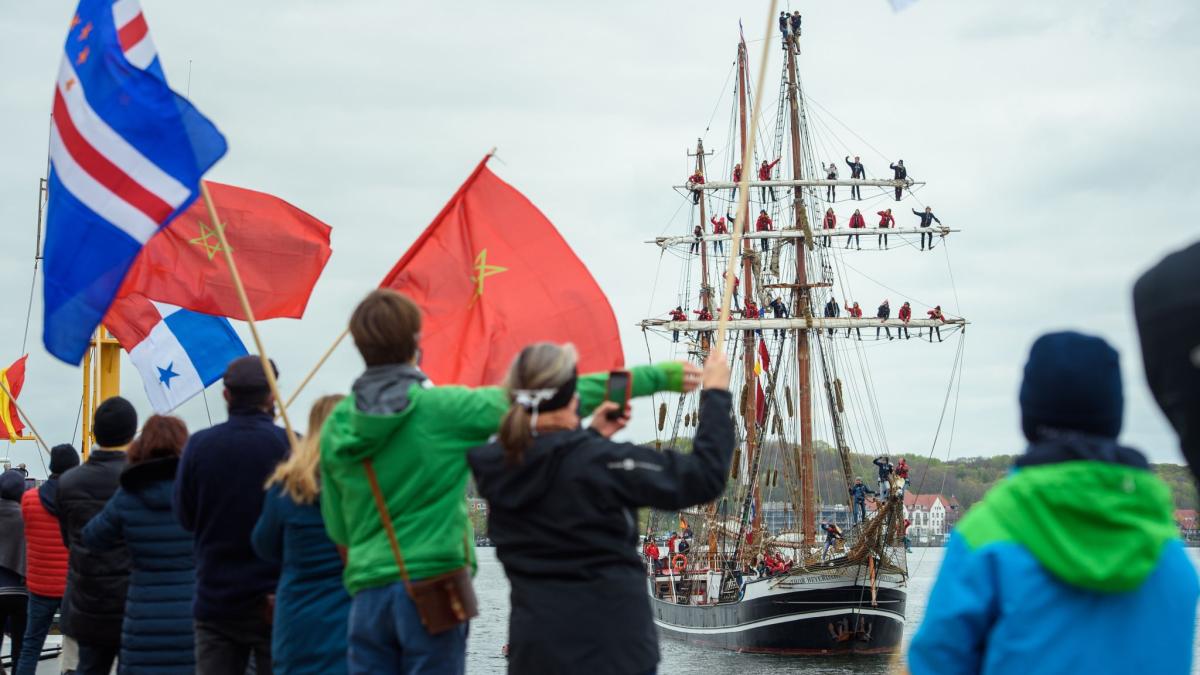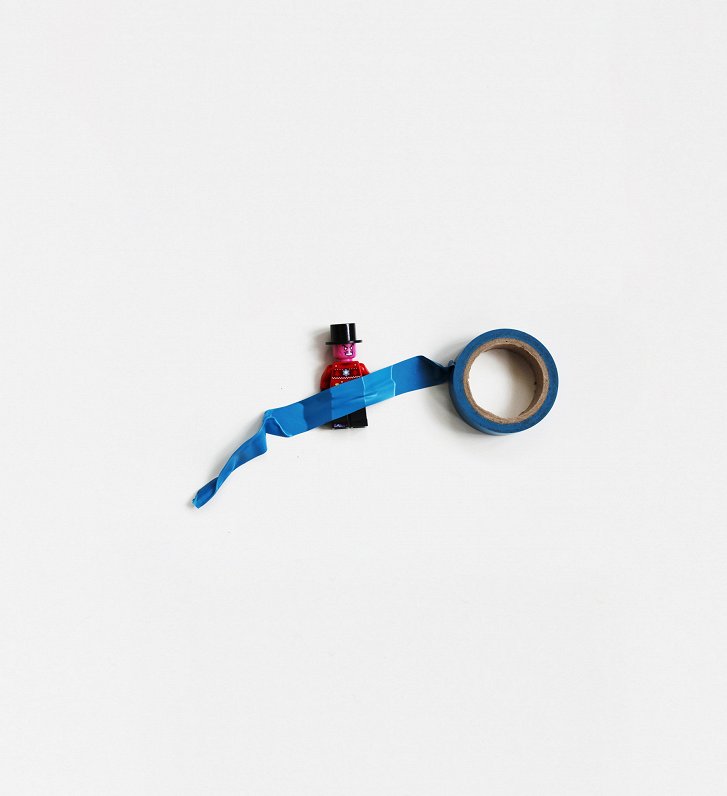Refugees floating at sea, volcanic eruptions and earthquakes: after more than six months at sea, 33 young people have returned to Germany.
“This trip was very turbulent,” said Ruth Merk of the University of Erlangen-Nuremberg, who has been leading the “Classroom under Sails” project for 14 years. On Saturday, the traditional sailing ship “Thor Heyerdahl” moored again in Kiel after about 10,000 nautical miles in glorious weather.
In the past few months, the 10th graders from all over Germany have lived and learned on the ship. The journey took them from Germany via the Canary Islands and Cape Verde to the Caribbean and back via the Azores.
Shortly after the start in October, the crew rescued refugees who were floating in a rubber dinghy on the North Sea, Merk said. These would have come from Calais in France wanted to cross over to Great Britain, but were aborted.
In the first stage to the Canary Islands, the young people were mainly concerned with getting to know everyday life on board and dealing with nautical theory, said Merk. Later school lessons and ship service alternated on a daily basis.
Four times the young people went ashore for several weeks during the trip to study flora, fauna, culture and history of the respective countries – because of the volcanic eruption on La Palma and the earthquake in the Azores, but sometimes a little differently than originally planned.
“This is a school for life,” Merk explained the idea behind the project. The young people not only learned biology, physics and other school material from practical examples from the area, but also everyday things such as cooking, cleaning the toilet as well as social coexistence in a small space and how to solve conflicts.
According to Merk, the “classroom under sail” was the first project of this kind in Germany. There are now three of them. Pupils in other countries such as the Netherlands and Sweden could also visit floating classrooms.
© dpa-infocom, dpa:220423-99-13042/3 (dpa)
–


